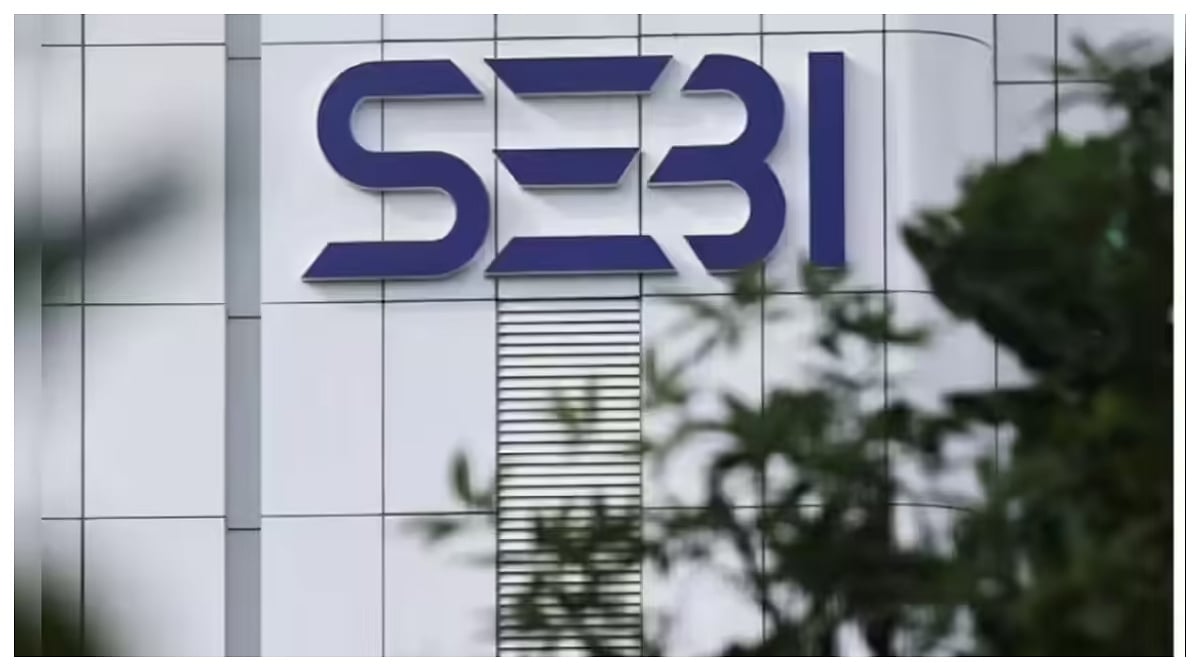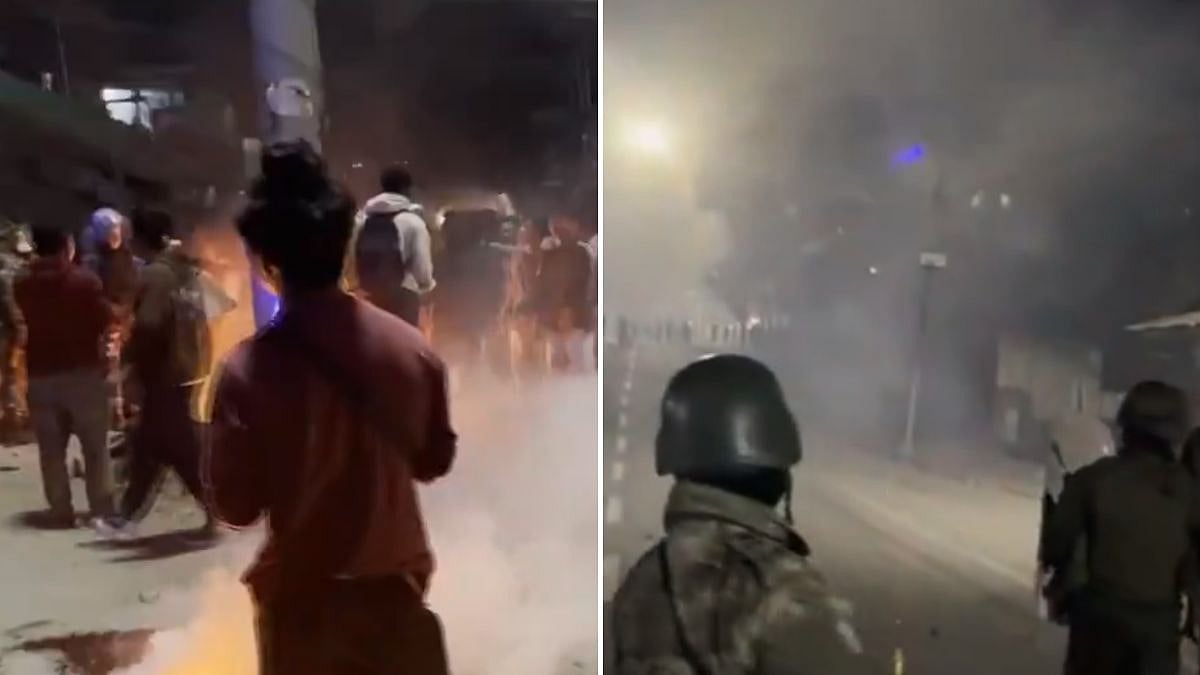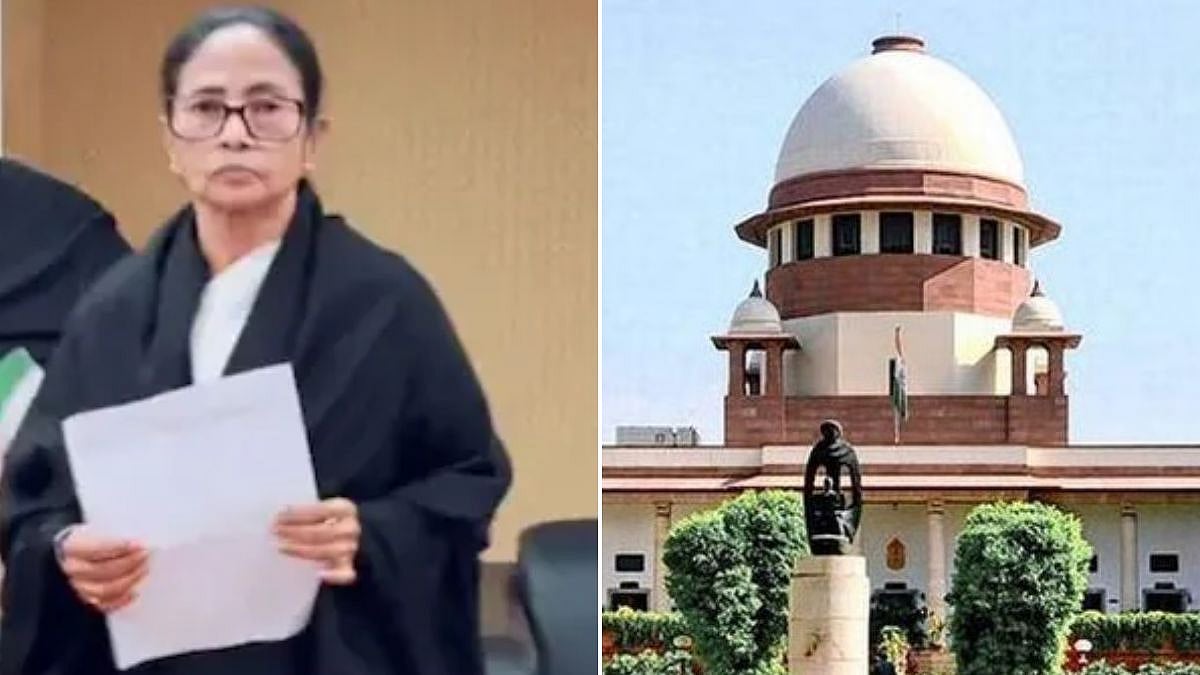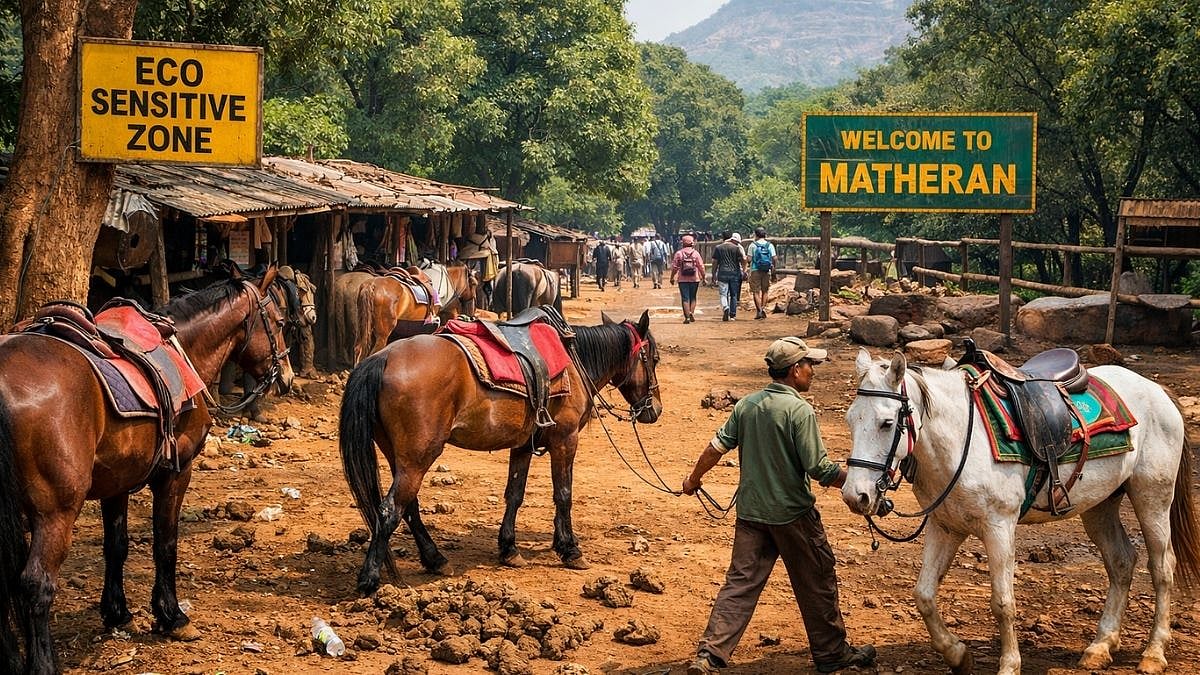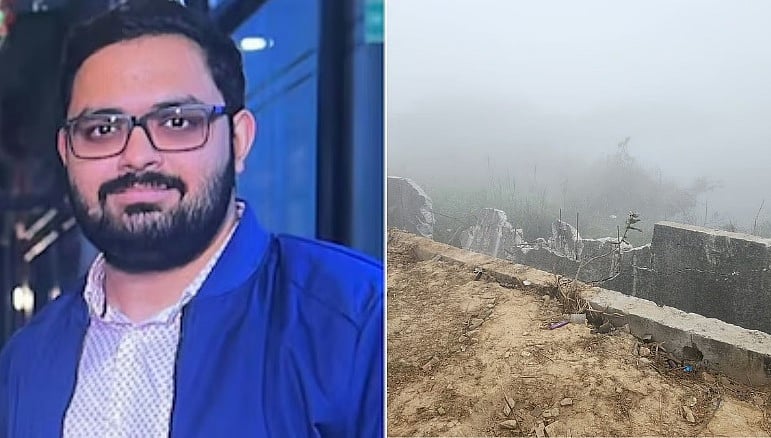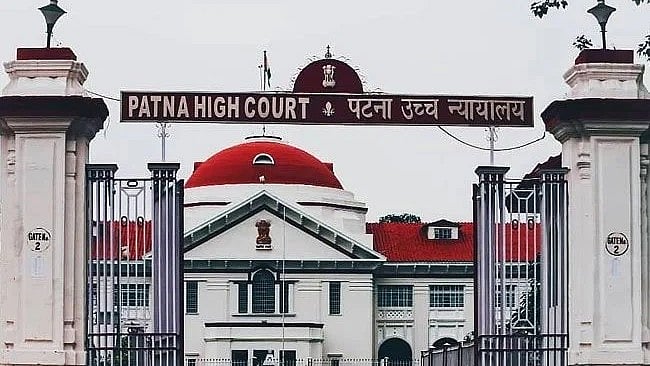Millennials might be dumbfounded if they were to be told what the tipping point was that changed the course of India’s post-Independence political history. Indira Gandhi won from Rae Bareli Lok Sabha Constituency in 1971 trouncing her rival cum tormentor Raj Narain of Samyukta Socialist Party by a whopping margin of one lakh votes. The loser filed a petition challenging her victory saying it was vitiated by adoption of many corrupt practices listed out in section 123 of the Representation of People’s Act, 1951 (RPA). In all fairness, readers, especially the millennials, should not be inundated in the minutiae but only told the crux of the judgment that found her guilty.
Justice Jagmohan Lal Sinha of the Allahabad High Court found that she had indeed used the services of a battery of government employees — her election agent Yashpal Kapur, the District Magistrate of Rae Bareli, the Superintendent of Police of Rae Bareli and the Home Secretary of Uttar Pradesh government--for arranging rostrums, loudspeakers and barricades to be set up and for members of the police force to be posted in connection with her election tour on February 1 and February 25, 1971. He also found that her election agent Yashpal Kapur was a gazetted officer in the Government of India, holding the post of Officer on Special Duty in the Prime Minister’s Secretariat. Ergo, use of his services was a corrupt practice. In short, she was unseated for misusing the government machinery.
Millennials as well as the right-thinking old-timers would find that in hindsight, Mrs. Gandhi’s crime was a peccadillo given the cataclysmic paradigm changes brought about in the body politic of the nation. Her unseating resulted in declaration of the infamous 1975 Emergency, followed by steamrollering of blatantly unconstitutional laws to negate the Allahabad High Court verdict which of course were struck down by the Apex Court and ultimately by formation of the Janata Party that swept the Lok Sabha elections in 1977. Her Emergency excesses cost her the 1977 elections but had she scrupulously avoided government functionaries for her electioneering, the whole chain of events simply might not have happened. To be sure, the Court was right in taking cognisance of the electoral malpractice of abuse of government machinery but Justice Sinha must be squirming uncomfortably in his resting place at the goings-on in the election arena.
Parties and contestants these days are guilty of major election crimes — namely, offering blandishments and appealing to religious and caste sentiments, both falling foul of section 123 of the RPA. Yet nothing happens to them. Offer of free electricity and water is made almost in a spirit of one-upmanship but we blink at them as being par for the course. Justice Sinha had he been alive would have been constrained to unseat most of the victors en masse! He would have been aghast at both the pre-poll largesse as well as the post-poll freebies which the Apex Court implicitly condemns but curiously leaves it to the executive for reining in. If there is one area where there is a crying need for judicial activism, it is reining in of corrupt practices by political parties.
It is not as if latter-day judges are hesitant to uphold the RPA. The truth is election petitions are rarely filed these days for the fear of attracting the doctrine of unclean hands — before calling the victor corrupt, were you yourself scrupulously honest? “Hamaam mein sabhi nange hain” (we are all corrupt so no one has the moral authority to show up the mirror) is the cynical if philosophical refrain that holds one back from assuming the moral high ground.
Indira Gandhi was lucky to escape indictment on charges of overshooting of the election expenses limit — Rs 35,000 at the given point of time, ie 1971. Justice Sinha totted up her expenses and found her falling short by a few thousand. It was a narrow escape but her government when voted back to power in 1980 did something in self-preservation, indeed preservation of the entire tribe of politicians — RPA was amended to leave out the party expenses from the list of expenses incurred by a candidate.
This has been lapped up with two eager hands by all candidates and all political parties. At any rate, the EC keeps hiking the limit to make them realistic in the light of the ravages of inflation. The present ceiling on parliamentary poll expenditure is Rs 95 lakh in bigger states and Rs 75 lakh in smaller states. All candidates blithely give a declaration that they did not breach this limit which may well be true except for the fact that the elephant in the room is the party expenses that is beyond the pale of scrutiny. Why should this be so?
In the more rarefied corporate world, if head office expenses can be apportioned among branches as they have to be, there is no reason why party expenses cannot be apportioned rationally among the contestants fighting under a party symbol? The Supreme Court to be sure is seized of the freebie issue but it can, using its enormous powers under article 142 of the Constitution, strike down the section of the RPA that renders the election expenses limit a butt of joke. It should order that the so-called common expenses must be allocated among the party contestants on an equitable basis as thought fit by the EC. As it is, the election expenses limit is cleverly circumvented by attributing bulk of them to the party and very little to the candidates. Such trickery is rationalised smugly on the ground that in any case the election-eve splurge gives momentum to economic activity consisting in fuel-guzzling, business for tent and loudspeaker fixers and printers of pamphlets and banners.
The writer is a freelance columnist for various publications and writes on economics, business, legal, and taxation issues

